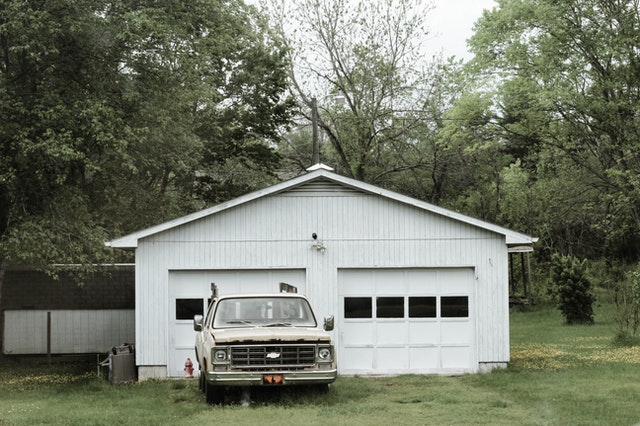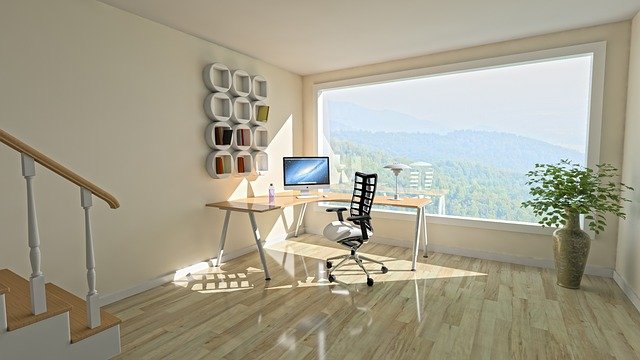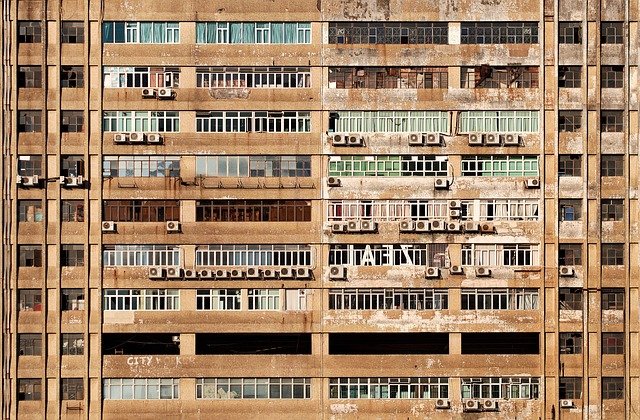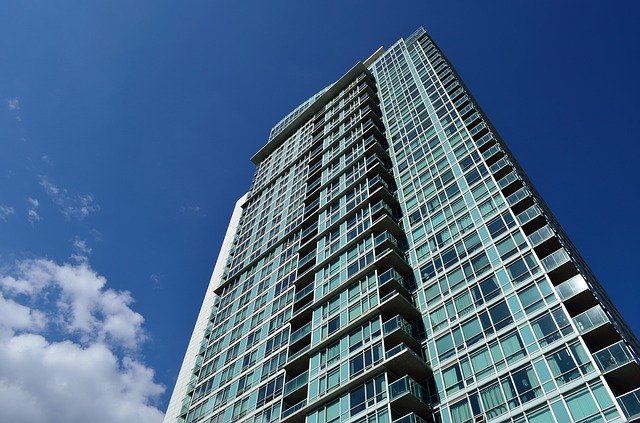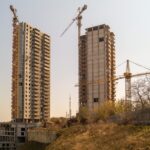Table of Contents
Real estate is a huge business, as realty comes in various forms. When it comes to residential property, there are lots of sentiments attached to it. Even if one invests for commercial purposes, residential property comes with a lot of emotions. However, various social, economic and political reasons could lead to unsold inventory, creating trouble for property developers. Astro strategist Hirav Shah looks at the problem from various angles and gives precise and concise solutions to property developers vis-a-vis unsold properties
Having a cosy home is everyone’s dream. No matter which part of the world one belongs to, having one’s own place is a matter of satisfaction and achievement. The upper one is placed on the ladder of success, the more properties and homes one acquires.
A home is not just about brick and mortar. It takes a lot of love, affection and planning to own a house that suits one’s dreams. Houses could be big or small. They nevertheless provide a sense of security and can come handy in times of mortgage.
On a positive note, a house is where one socialises, spends most of one’s time and attaches an emotion to it. Homes are filled with memories and this is what attaches such importance to residential properties.
Among the types of real estate, residential types need special mention as they are both a means of investment in terms of money and emotional attachment.
Types of residential properties
Any talk of residential property includes homes. The homes could be multi-family housing or single-family housing. The residential property could be in urban, suburban and even rural areas. The whole idea behind getting a house is to acquire ownership of home.
It is an asset that requires long-term investment and ensures financial stability. While some social scientists believe that a house can turn into a liability when there is not enough cash flow, people nevertheless have a strong desire to own their place. But it is important to check the benefits and disadvantages of home ownership, before taking the final plunge.
1) Single family homes
Single family homes include detached or attached homes, eg: townhouses or row houses. Single-family homes are widely popular and used among real property. They could mean sprawling bungalows or simple one floor houses, but the demand is perpetually there.
2) Apartment blocks
These are highly popular in today’s time. This kind of property is usually seen in urban and suburban areas. Apartments are however a rarity in rural areas. Apartments come with many added amenities such as security, club house, parking, swimming pool, gym area and larger apartment complexes also house a golf court.
These are a huge hit with the investors because of less risk and ease of management. However, apartments with a whole lot of amenities come with a higher price tag.
Of course, there are budget apartments too that fill the gap in the market.
3) Condominium
A condominium is the same as an apartment building, where the ownership is individual. On the other hand, an apartment building is owned by a business or owner. Usually, condominiums have a management that will be responsible for general maintenance of the building. They are similar to apartments in the sense that they have elevators, security systems, swimming pool, tennis court and other amenities.
4) Cooperative
A cooperative is another form of residential realty. Here, the investor purchases a property and becomes a shareholder in a corporation who owns the real property. As per agreement, each shareholder is entitled to occupy one housing unit. As the name suggests, it is a cooperative that provides benefits by lowering the cost of member’s services and maintenance.
5) Manufactured housing
This style of housing is typical to US. The homes are factory built and delivered to site and installed. In the past, they were known as mobile homes. The homes come at relatively low costs due to assembly-line type of construction from the factories. However, these homes are attractive to buyers as they follow modern styles.
6) Planned unit development
It is one type of building development. It is designed for grouping of both compatible land uses such as housing, recreation, commercial centres and industrial parks, all within one contained development or subdivision. While people are solely responsible for the maintenance of their buildings or homes; streets, sidewalks, pedestrian walkways, parks, etc, are delegated to homeowners’ association. PUD could be a small development or could involve an entire planned city.
7) Converted-use properties
These are homes and buildings that have been converted into residential areas from warehouses, schools, churches and other types of buildings that are renovated into residential property. It is considered to be economically viable to convert a place, rather than demolish it and construct all over again.
Reasons for unsold inventory
Sales of residential units have been impacted in the first, second and third quarters of 2020 due to the pandemic. Despite government making concessions in house loans to boost the market, those who need to raise a home loan have stayed away from making any investments due to job loss or pay cuts, etc.
Housing sales in India’s prime residential markets has reduced by 26% during the last quarter of FY20 and this has had a bearing on the unsold inventory in India’s nine prime residential markets. The combined inventory in Ahmedabad, Bengaluru, Chennai, Gurugram, Hyderabad, Kolkata, Mumbai, Pune and Noida, stood at 7.39 lakh housing units, worth approximately Rs 6 lakh crore, in March 2020.
On the other hand, inventory overhang has reduced slightly to 27 months from 29 months. This is no good news as builders might take more time to clear off their unsold inventory. For the uninitiated, inventory overhang indicates the time that builders will take to sell unsold inventory.
■ Lack of liquid money: This is one of the prime reasons that can result in unsold inventory piling up. Those flush with funds will invest big time, as prices become enticing and there is a lot to choose from. However, the middle-class which is the primary target of many realtors will wait for the right conditions to put in money.
■ Loan hassles: When the economy is down, many become wary of taking home loans, due to fluctuations in interest rates.
■ Vaastu and feng shui problems: If a building or structure has vaastu defects, then the property will remain in the market for a long period of time. Similarly, as per feng shui, a property that has been locked for a long time, is not a good investment. All these sentiments lead to unsold inventory.
■ Lack of flexible pricing: A buyer will look for affordable housing at relatively lower prices at times of recession. But the property developers do not budge on prices as it would mean huge losses. This means unsold properties.
■ Area development: Even when a potential buyer is interested in a residential property, if the surrounding area is under-developed then the person will think twice before putting money.
■ Poor construction quality: If the builder or property developer does not adhere to quality construction, then his inventory is bound to get blocked.
■ Litigations: If the residence or residences are on disputed lands, then buyers will be instantly repelled.
■ Excess inventory: If there is too much construction going on at a realty hotspot, the buyers will wait till the builder offers a price that suits their budget plans.
How does astro strategist Hirav Shah bail out builders
Unsold property is as true as sales for realty developers. As we have seen above, there are a variety of reasons that lead to unsold inventory. These reasons are perennial and can cause a dent in the revenues of property developers or builders.
Like any industry or sector, real estate is also influenced by socio-economic and political conditions of a place or country. An area or locality or city that was once in demand may not remain so due to various reasons. This totally upsets the revenue estimates of property developers.
The land value could fluctuate, government laws could change, all of which affect the prices of residential properties in all sub-categories. Obviously, this leads to unsold inventory in the market.
Astro strategist Hirav Shah is a seasoned practitioner of business consultancy and corporate brain-storming. He is well-versed with the workings of industries and sectors. One of his core areas of interest is unsold inventory, as he believes right planning and right timing can do wonders for one’s business prospects.
Above all, Hirav Shah is a pro in astrology. This does not mean he will confuse you with astrological jargon. He is a shrewd astro strategist, who knows how to combine business tactics with astrological data. With information in hand, astro strategist Hirav Shah gives precise and concise suggestions that will help builders or developers get rid of their unsold inventory.
He gives a clear-cut timeline for investors and property developers, so they can get their money’s worth.


